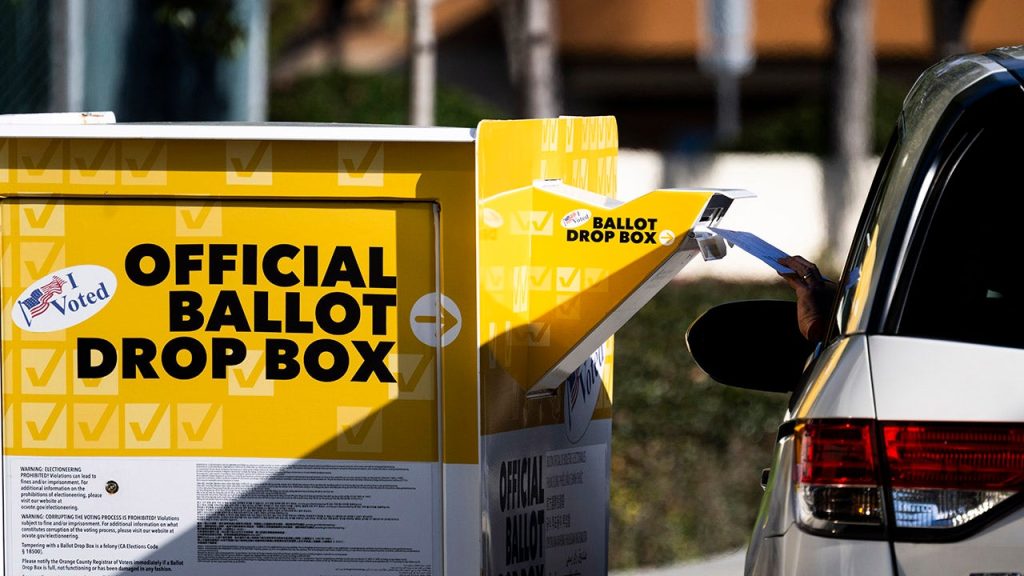Nearly half of the state attorneys general in the U.S. have filed amicus briefs with the Supreme Court to support an emergency stay that would allow the State of Arizona to require proof of U.S. citizenship to vote in federal elections, particularly for presidential elections. The Arizona Republican Party filed an emergency application pending appeal from the U.S. Court of Appeals Ninth Circuit in support of Arizona House Bill 2492, which mandates proof of citizenship for mail-in ballots. The law is designed to ensure that only citizens are eligible to vote in elections, as states have the power to set voter qualifications according to the Constitution. The Arizona GOP believes that preventing non-citizen voting should be a priority in elections.
The amicus brief was supported by attorneys general from 24 other states, including Texas, Florida, Alabama, Alaska, and Georgia, among others. The legal filing argues that the district court’s ruling on Arizona’s proof of citizenship requirement is not supported by the Constitution, and states have the right to implement such measures to safeguard the integrity of elections. The Dhillon Law Group, representing the brief, asserts that the Court should stay the injunction to allow Arizona to exercise its constitutional power in choosing how to appoint presidential electors. The non-partisan group Honest Elections Project also supports Arizona’s law, stating that states have the authority to demand proof of citizenship for voting, particularly for mail-in ballots.
An emergency application for stay filed by the Republican National Committee emphasizes the unchecked issue of voter integrity, highlighting the presence of “illegal aliens” in the country as potential sources of voter fraud. The application argues that the problem of non-citizen voting has likely worsened with an increased number of illegal aliens in the country, creating more opportunities for voter fraud. The application stresses the importance of addressing this issue to maintain the fairness and integrity of elections. The Republican National Committee contends that the problem of non-citizen voting, alongside other sources of election interference, poses a significant challenge that must be addressed to protect the democratic process.
As the Supreme Court reviews the emergency stay request and the legal arguments presented by various parties, the implications of the case could have far-reaching consequences for election integrity across the country. With states seeking to implement measures to secure elections and prevent non-citizen voting, the outcome of this case could set a precedent for how voter qualifications are determined in future elections. The involvement of multiple attorneys general, political parties, and advocacy groups underscores the significance of this issue and the importance of establishing clear guidelines for voter eligibility to uphold the democratic principles of fair and transparent elections.
Overall, the case surrounding Arizona’s proof of citizenship requirement for voting in federal elections highlights the ongoing debate over voter integrity, particularly in the context of concerns about non-citizen voting and potential voter fraud. The legal arguments presented by various parties, including state attorneys general, advocacy groups, and political organizations, reflect a broader effort to address these issues and uphold the integrity of the electoral process. The Supreme Court’s decision on the emergency stay request and the legal challenge to Arizona’s law could have a significant impact on future election practices and how states exercise their authority in setting voter qualifications. The outcome of this case will likely shape the landscape of election regulation and efforts to ensure that only eligible citizens have the right to vote in federal elections.


